The Geothermal Technologies Office (GTO) strongly believes in energizing and inspiring students to pursue careers in science, technology, engineering, and mathematics (STEM). GTO joins the Administration’s commitment to building a strong workforce.
Office of Energy Efficiency & Renewable Energy
September 16, 2021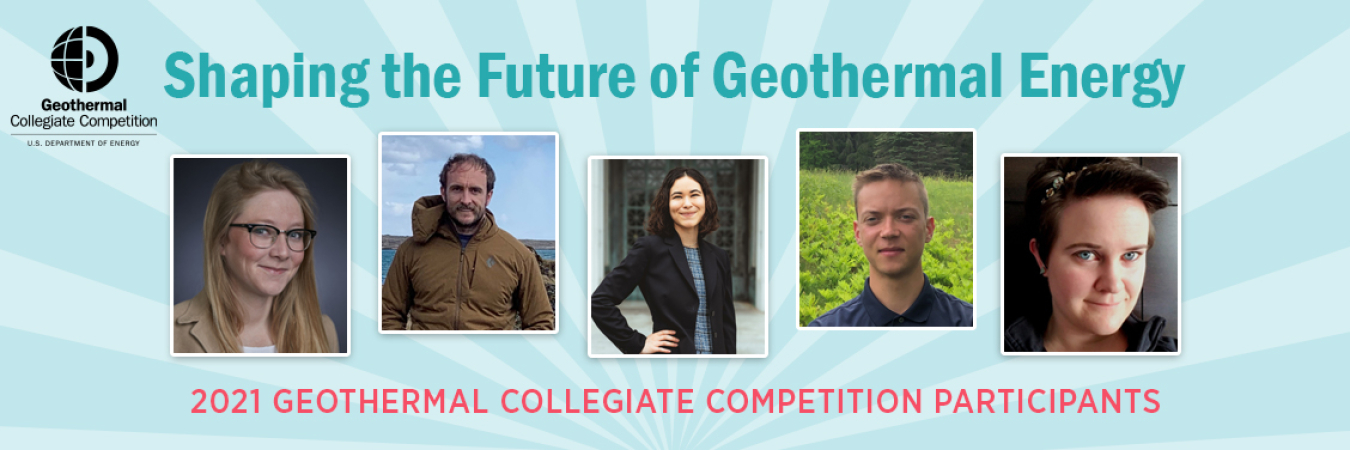
The Geothermal Technologies Office (GTO) strongly believes in energizing and inspiring students to pursue careers in science, technology, engineering, and mathematics (STEM). GTO joins the Administration’s commitment to building a strong workforce and creating new opportunities for success in research and development.
Now as we all head back to school this September, GTO funds and oversees prize competitions to engage with college student teams, like the Geothermal Collegiate Competition (GCC). Through the GCC, hosted annually through the National Renewable Energy Laboratory (NREL), students gain experience in developing real-world energy plans and collaborating with leaders in their communities. The 2022 GCC just launched; to learn how to get engaged in this year’s competition visit the 2022 GCC Competition website and watch the informational webinar.
If you don’t see yourself participating, we encourage you to read on! GTO reached out to participants of the 2021 GCC to learn about the many backgrounds and experiences that are leading them to a future in STEM.
For more STEMtember information, follow the Office of Energy Efficiency and Renewable Energy on Facebook, Twitter, and LinkedIn, and keep an eye out for the #STEMtember hashtag to explore content all month long.
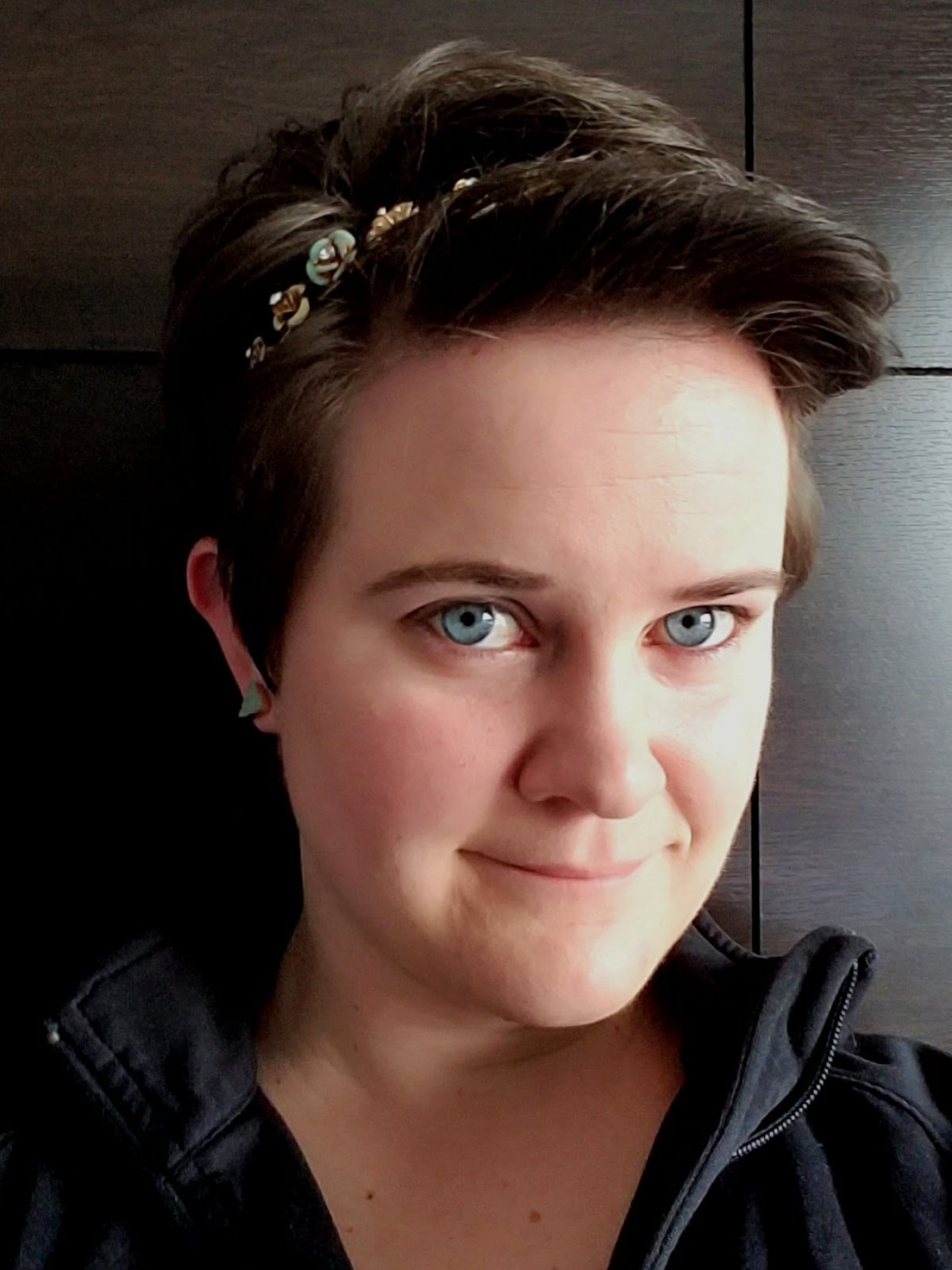
We reached out to Catherine Lambert from Cornell University to learn more about her nontraditional STEM background, and how she continues to find pathways in STEM.
What was your major?
I double majored in geology and English as an undergraduate, then pursued a master’s in geology. I am currently working on a Ph.D. in risk and environmental communication, with a focus on renewable energy development and public acceptance.
How has being a part of the competition influenced or shaped your career plans?
The chance to collaborate with an interdisciplinary team on a project with direct real-world applications was a fantastic opportunity to put the skills and knowledge I've developed into action. It was also a great reminder of how intricate energy systems are and the need to have many different perspectives involved; the recognition of stakeholder engagement as a core component, alongside the supportive reviews and comments that we got, helped me to see more clearly how someone with my background can find a space in geothermal.
What types of classes did you take that helped you succeed in the competition?
Some classes that have stuck with me the most from communications include one called Theory Construction and our research methods courses. Together, they form an essential toolkit for how to assess a problem, how to figure out where gaps in knowledge are, how to formulate the right questions, and how to design studies that answer those questions in empirically valid ways. This is of course important for developing research and theory contributions, but also provides an invaluable roadmap for figuring out practical, evidence-based strategies that make for effective community engagement. I also had a strong grounding in energy systems from my master’s coursework, particularly a class called Analysis of Sustainable Systems, which covered everything from resource assessment, distribution, storage, and consumption, as well as environmental and economic analyses; having this background gave me the perspective to understand the full process of developing a project like this and to identify where I could bring my expertise in public perceptions and communications into play.
What kind of advice would you give to other students who do not have a “traditional” STEM background but may want to get more involved in STEM or geothermal?
When I decided to pursue a degree in communications, having originally planned to continue in geophysics for a Ph.D., I expected some negative reactions—or at least confusion—from my geoscience colleagues, but almost across the board, people responded along the lines of “Oh, we need more of that!” We need people with science communication skills, with training in applying a social science lens to energy problems, and we need a better understanding of the social and cultural forces that shape energy transitions if we want to overcome the barriers to decarbonizing energy. My experience has been that there's a growing awareness of this need to address both the human and technical questions of energy, so don't think that there isn't a place for you in STEM-oriented fields and industries or that your contributions aren't needed. And if it isn't clear whether an opportunity is open to non-STEM applicants, it never hurts to ask; I've gotten support from sources who hadn't considered broadening their scope before, after reaching out and explaining the relevance of my research.
What would your dream job in this industry be?
I'm passionate about working to bridge the gap between research and practice in public communication and engagement, and between the technical and social sides of energy development. I would love to find a position where I can use my research skills to make an impact by developing resources that can be used in the geothermal field to design effective and equitable engagement and decision-making procedures, ideally accelerating geothermal energy adoption.

Colorado School of Mines student Clayton Kocot tells us how his STEM background influences his goals and provides him the skills to succeed in his career.
What is your major and when will you graduate?
I’m majoring in petroleum engineering, and I’ll be graduating in 2021.
What are your career plans and has the competition influenced them?
My career plans involve working as a field engineer within the petroleum industry, solving problems, and managing data to effectively complete hydraulic fracturing operations. The competition has influenced my career plans by identifying different career paths I may choose and the potential future of energy. In the future, I plan to still work within the petroleum industry, participating in projects that will be beneficial towards energy demand, while also bringing awareness to corporate social responsibility.
What drew you to STEM?
What drew me to STEM was the possibility of exploring various career paths and the impact STEM has on the way we live as a society. There are a variety of careers that may be explored and they will provide many benefits for future generations to come. These careers may help to develop solutions and alternatives to the various challenges facing the world today, such as climate change or poverty.
What advice would you give a student interested in getting engaged with STEM initiatives at the Department of Energy?
Some advice I would give to a student interested in getting engaged with STEM initiatives at the Department of Energy would be considering what topics interest them the most. Having passion towards projects or initiatives help to spark new ideas or approaches towards challenging problems, such as those related to energy. Additionally, I would like to mention utilizing as many resources or connecting with other individuals interested in STEM to help foster creativity and solve problems.
Why should other students explore STEM?
Other students should explore STEM due to the variety of challenges and opportunities that will be prevalent within the future. There will be a demand for skilled individuals within the STEM sphere, allowing students to make connections and carry out impactful careers. The concepts and skills learned while pursuing a STEM career may be applied within everyday life, generating continual growth and learning experiences.
What surprised you most about STEM?
What surprised me the most about STEM was the amount of applicable knowledge I have gained and increased curiosity towards technical processes. Understanding concepts relating to science, technology, engineering, and mathematics has provided a foundation of helpful skills for real world applications. Pursuing a STEM career has broadened my knowledge of possible career paths I may consider and influenced my perspective of achievable goals within our world in a positive way.
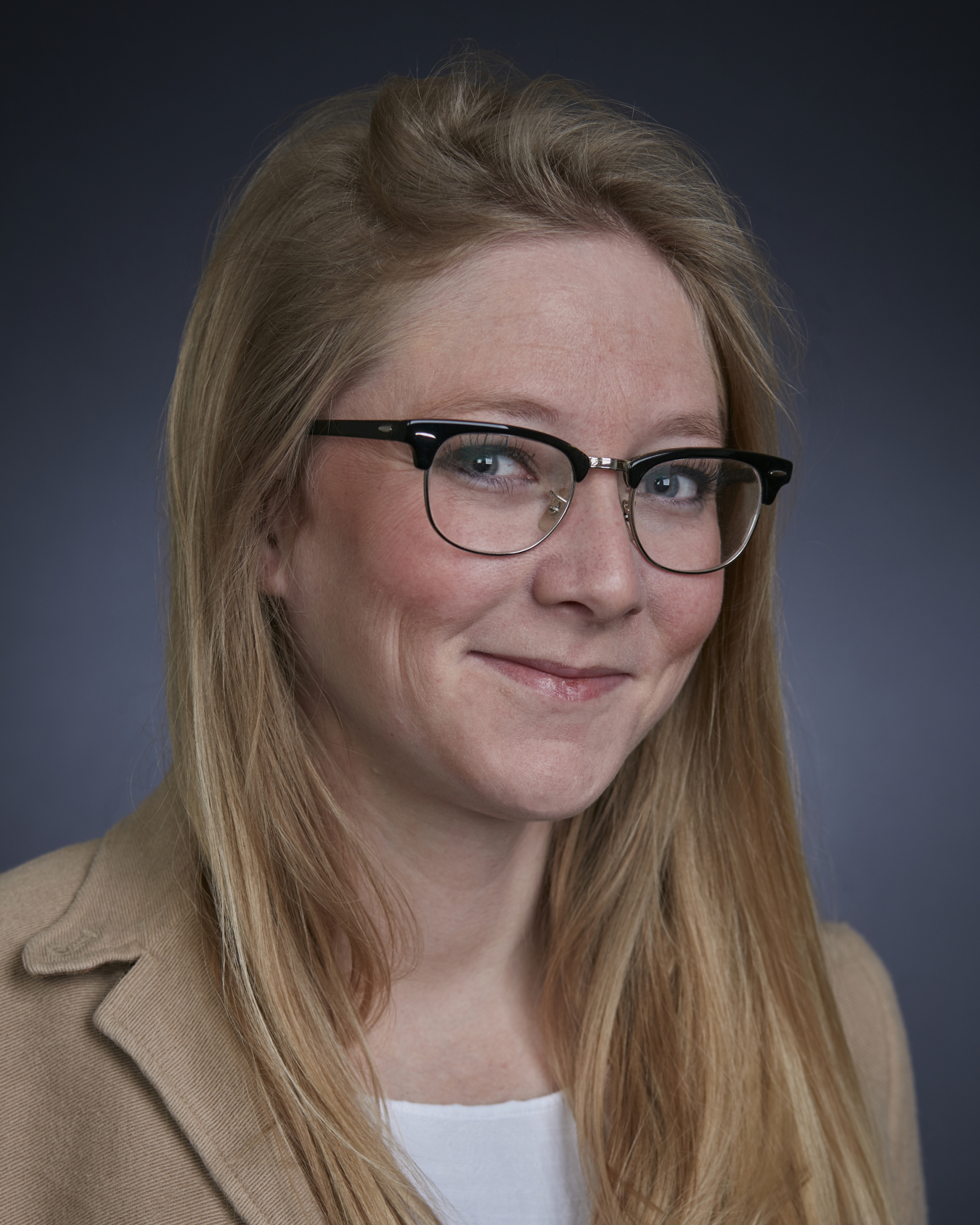
Check out our conversation with Alex Cedola, a Ph.D. student in petroleum engineering at the University of Oklahoma, about her passion for STEM and why she believes it is one of the most useful skillsets.
What are your career plans and how has the competition influenced them?
My plans after graduation are to get a job either in the petroleum or geothermal sector. The competition influenced my future career plans by allowing me to better understand the applicability of my research to the geothermal energy sector and recognize that I may be able to have an impact on geothermal well design in the future.
How has your STEM background helped you in your career?
My STEM background has helped me in my career being a researcher in that I have been able to plan and conduct my research in a safe and efficient manner. It has also allowed me to design experimental setups for testing and analysis of various materials and apply this to my research goals.
What advice would you give a student interested in getting engaged with STEM initiatives at the Department of Energy?
I think that the STEM initiatives offered by the DOE are a great opportunity to learn more about different subject areas and allow you to engage with others both professionally and within the community. I would encourage them to partake in the program and gain/advance their skills in a variety of areas including but not limited to problem solving, project planning, professional communication, and utilization of industry software and computer programs.
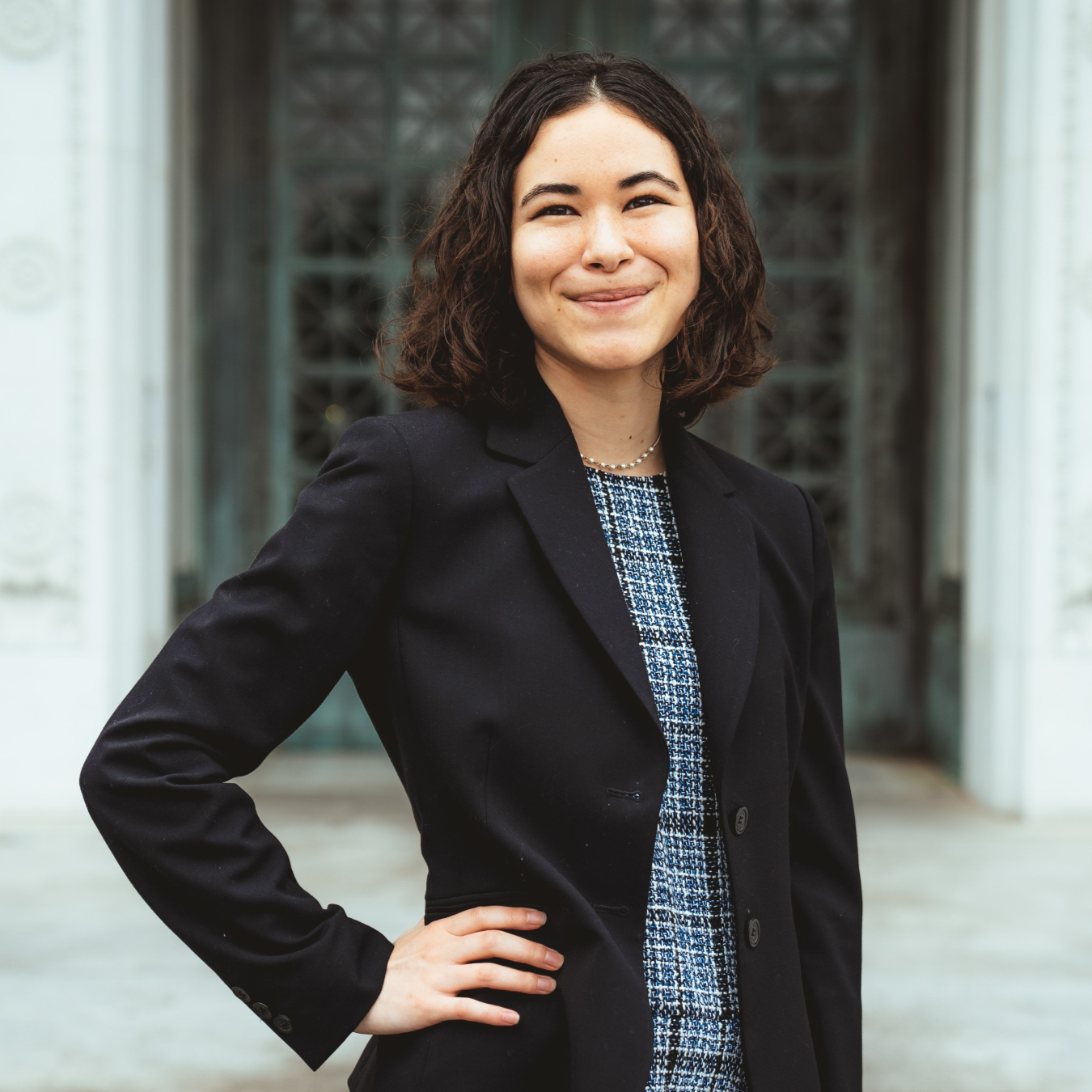
For University of California, Berkeley student Eula Sasaki-Billaut, pursuing STEM provides a pathway to addressing environmental justice issues. Read how she plans to sue her STEM background to make the world a better place.
What is your major and when do you graduate?
I’m majoring in chemical engineering with a concentration in energy and environment. I’ll be graduating in 2023.
What are your career plans and how has the competition influenced them?
The biggest challenge that my generation faces is climate change. I’m deeply passionate about sustainable energy, particularly because of the disproportionate responsibility that we bear for our fossil fuel emissions and the disproportionate burden of those consequences on developing nations, low-income communities, and people of color. My experience competing in the GCC has shifted my focus in how I envision myself contributing to climate change mitigation strategies. As a student in STEM, there is an expectation that we should focus on advancing research and cutting-edge technologies. However, this competition introduced me to an important intersection between technical expertise, policy, and economics. I hope to continue exploring this area in my coursework and in future opportunities to drive implementation of green energy technologies.
What advice would you give a student interested in getting engaged with STEM initiatives at the Department of Energy?
Go for it! There’s an enormous range of projects to get involved in, and you don’t need prior experience to be successful. My team and I knew very little about the geothermal energy landscape when we entered this competition, and we were quite nervous about our lack of exposure to the topic. Enthusiasm and a desire to learn were the key—don't be afraid to dive into the literature, talk to experts or professionals in the field, and have some fun!
What drew you to STEM?
I’m inspired by the vast possibilities of harnessing the power of STEM to make a better world—a world that is more equitable, one that is easier to live in. I hope that a career in STEM will allow me to contribute to environmental justice through innovation.
Why should other students explore STEM?
A STEM background teaches you how to learn. A single coding class taught me how to parse through documentation and approach a problem from different angles; this prepared me to learn how to use unfamiliar platforms and new software, and each time, the learning experience became easier and easier. A STEM background instilled in me a learning approach that has enabled me to bring value to a team, even without extensive experience. I highly recommend exploring the STEM domains, even if it’s just one course! Understanding the underlying scientific or engineering principles will always be an advantage, whether or not you end up in a STEM field.
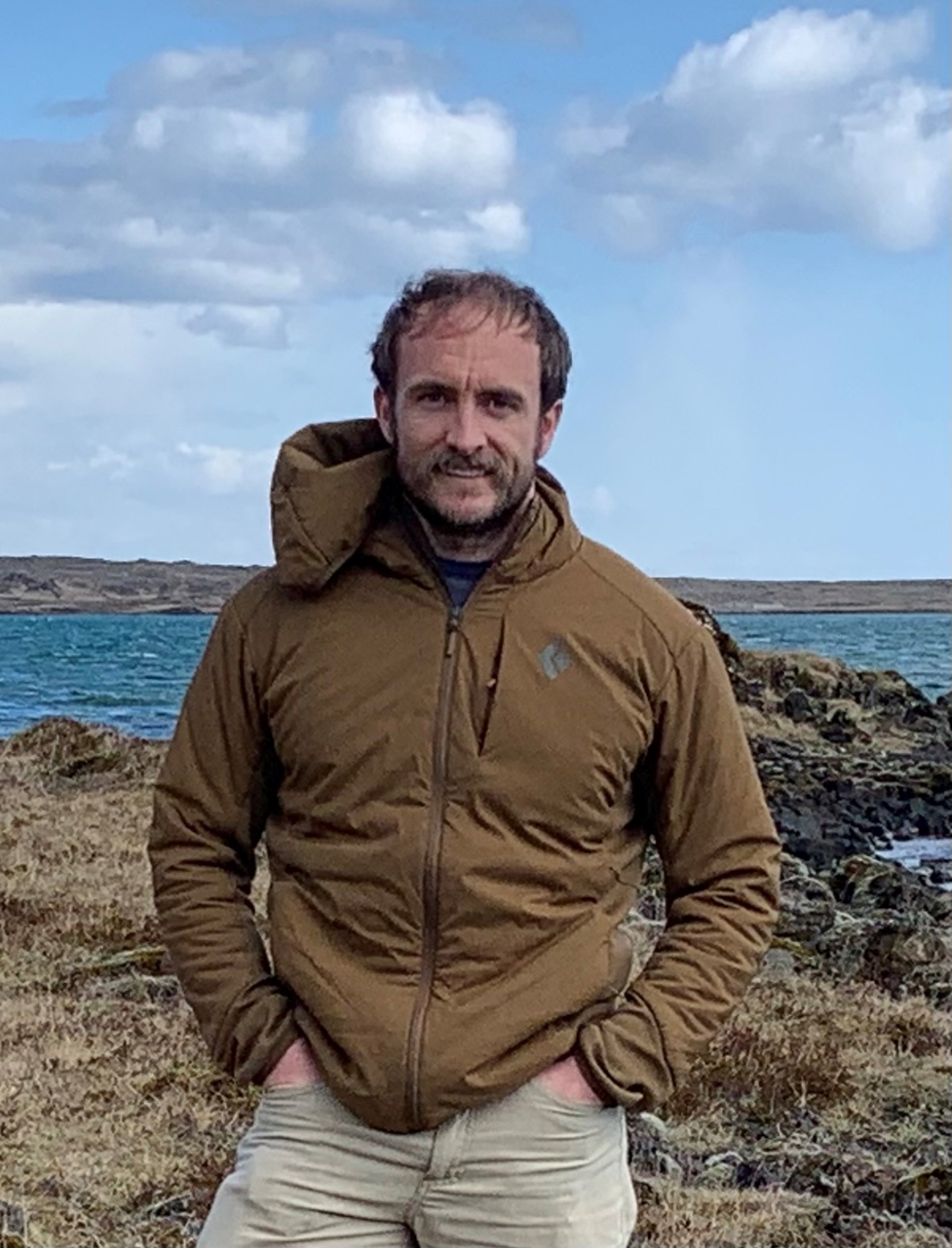
Nicholas Fry, captain of the 2021 GCC first place–winning team, tells us how his nontraditional STEM background and this competition are contributing to his success.
What are your career plans, and how has the competition influenced them?
Before the competition, I often felt like I was one of the few evangelizing about geothermal direct-use applications. This competition is important because it reconnects people with the most widely available use case in geothermal energy. The results continue to influence my interests. I got excited about the feedback from teammates, the feedback from industry, and the enthusiasm from our public stakeholders.
Over the summer, I took on some intensive programming coursework to expand my simulation capabilities for heat pump integration with geothermal resources. Hybrid geothermal systems can maximize the utilization of any local geothermal resource— from the dirt in your yard to the hot aquifer at depth, or the waste heat from an ORC [Organic Rankine Cycle]. That is the direction I continue to go, now studying at the University of North Dakota with the North Dakota Geothermal Energy Consortium.
How has your STEM background helped you in your career?
I am very much a non-traditional student, which might simply mean older. My interests in STEM over the years have taken on quite a range. I began in forest ecology, became influenced by the study of hydrology and climatology, and even took a keen interest in U.S. natural resource law. That might sound a bit odd now, but the overarching connection is the water-energy nexus. An educational foundation in this nexus eventually led me to study geothermal, then take on a master’s degree in Iceland. Since then, I have studied reservoir engineering, well design, energy technology, geothermal geology, among other subjects.
Geothermal energy exploitation is inherently interdisciplinary. Coming from a STEM background outside of the traditional geology or engineering skillsets typically associated with geothermal has been helpful in identifying barriers to industry maturation. We—geothermalphiles—can do a lot more with less energy in place then we often expect when weighing the value of hydrothermal systems, for example.
What drew you to STEM?
I installed septic systems as a kid, in my father’s business. He was a guy with a 40-year-old backhoe, high school education, and a lot of technical manuals. I learned design principles from him—the biological load limits of different soils and the influence that had on system design. Science and engineering were all I was ever really interested in academically.
I might also mention that I was an early college dropout and an enlisted Army veteran. The Army taught me a disciplined way to train the body and the brain. Big military operations can be tough, but they are possible to execute by first understanding smaller layers of effect. The same is often true of good science and engineering. Someday I hope to be a good scientist or engineer, so I try.
Why should other students explore STEM?
STEM is for everyone, not just the groomed, not the perfect, not the most followed, not the credentialed. If you are not great at any one thing, take it apart in chunks that feel functional or understandable. You would be surprised how little your very specialized counterparts might know about something that interests you. STEM is about more than a specialty—the heart of it is unlocking new perspectives that might improve or enrich life.
What surprised you most about STEM?
Anyone can participate. Change does not often come from the most intellectually gifted in their field. If you are passionate about something, you can find a home in the sciences.
GTO is proud to showcase these amazing students and the wonderful personalities, experiences, and stories that they bring to STEM.

